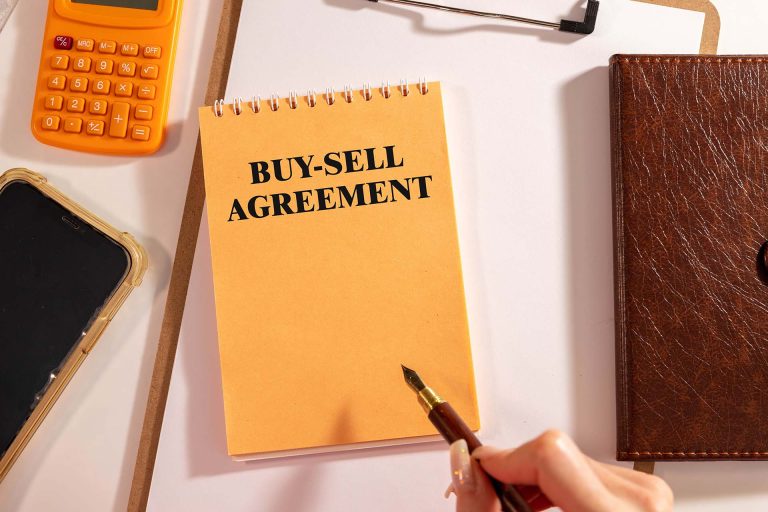Asset sale vs. Share sale: When buying or selling a business owned by a private company, the two most common sale structures are a share sale or an asset sale. Each structure has its advantages and disadvantages, and understanding the differences between the two is crucial for both buyers and sellers. In this article, we explain the key differences between asset sales and share sales from the perspective of both buyers and sellers, highlighting the factors that should be taken into account when deciding which structure to use.
What is a Share Sale?
A share sale is where the shareholders of the company which carry on a business agree to sell 100% of their shares in that company to the buyer (or any other percentage of their shares as the case may be). On completion the buyer will become the controller of the seller’s company and take ownership of all of its assets and liabilities.
What are the legal implications of a Share Sale from a buying and selling perspective?
The advantages and disadvantages from a buying and selling perspective for a share sale are set out in the table below.
| Share Sale | Advantages | Disadvantages |
|---|---|---|
| Buyer |
|
|
| Seller |
|
|
What is an Asset Sale?
An asset sale is the sale of some or all of the assets owned by the seller to another individual or entity. Assets which are commonly sold include plant and equipment, land, buildings, machinery, stock, goodwill, contracts, records and intellectual property (including domain names and trademarks). After the sale occurs, the seller retains ownership of its company structure.
What are the legal implications of an Asset Sale from a buying and selling perspective?
The advantages and disadvantages from a buying and selling perspective in relation to an asset sale are set out in the table below.
| Asset Sale | Advantages | Disadvantages |
|---|---|---|
| Buyer |
|
|
| Seller |
|
|
Conclusion: Asset sale vs. Share sale
In conclusion, the decision between a share sale and an asset sale is a crucial one for both parties involved in a business sale transaction. Each approach has its own advantages and disadvantages, which must be carefully considered in light of the specific circumstances of the transaction, and from a buying and selling perspective. Ultimately, the choice between a share sale and an asset sale will depend on the priorities and goals of the parties involved and should be made with the guidance of experienced legal counsel and tax advice.
Important Disclaimer: The content of this article is general in nature and for reference purposes only. It does not constitute legal advice and should not be relied upon as such. Legal advice about your specific circumstances should always be obtained before taking any action based on this publication.











